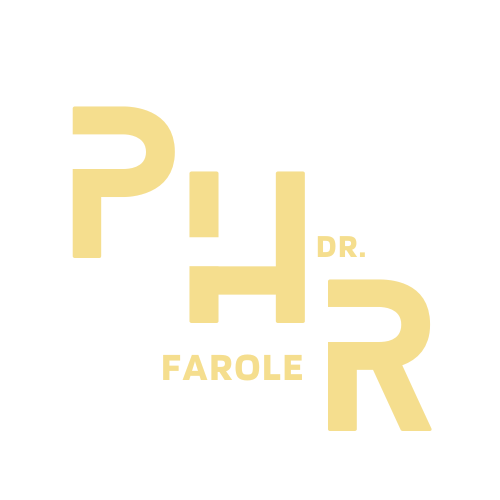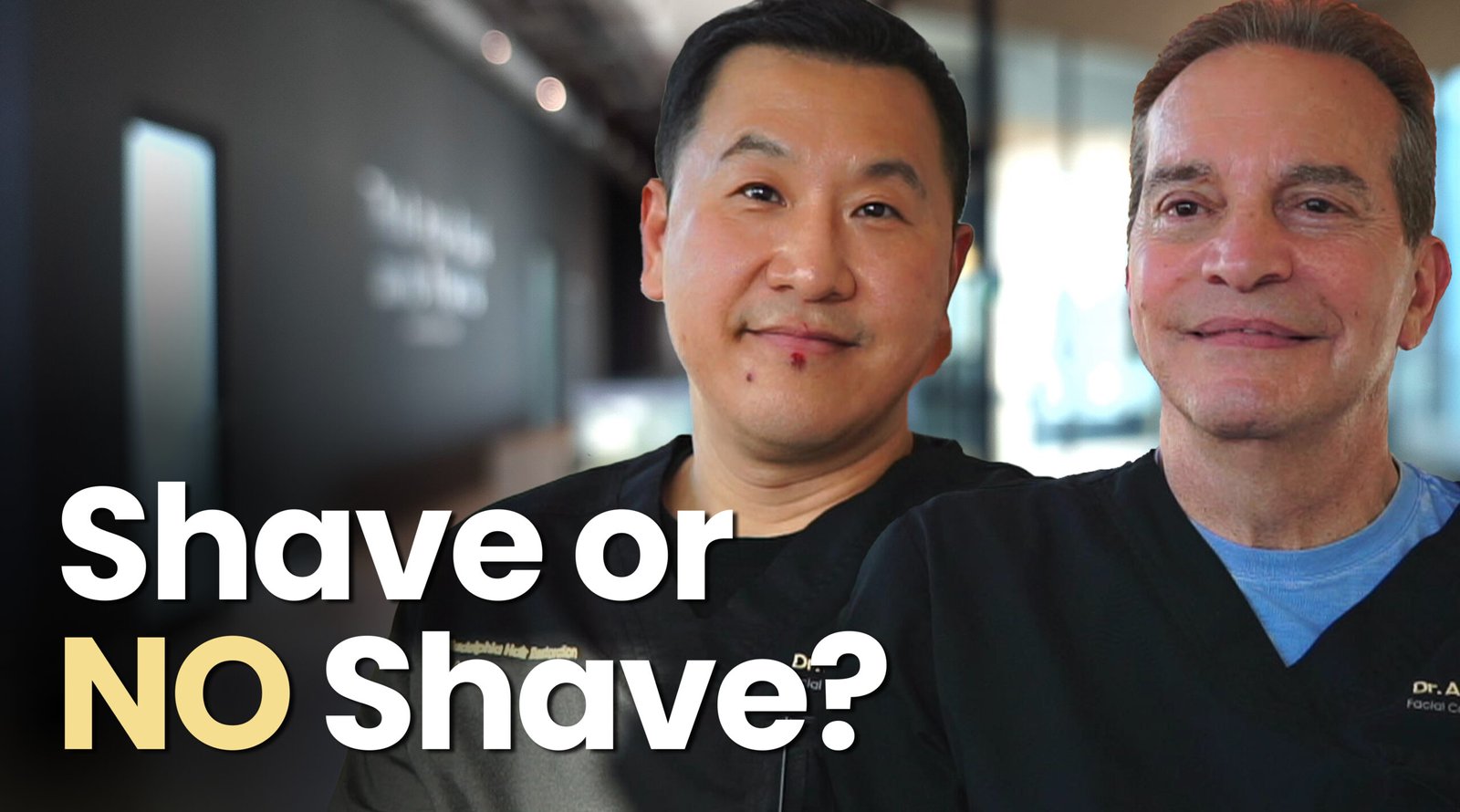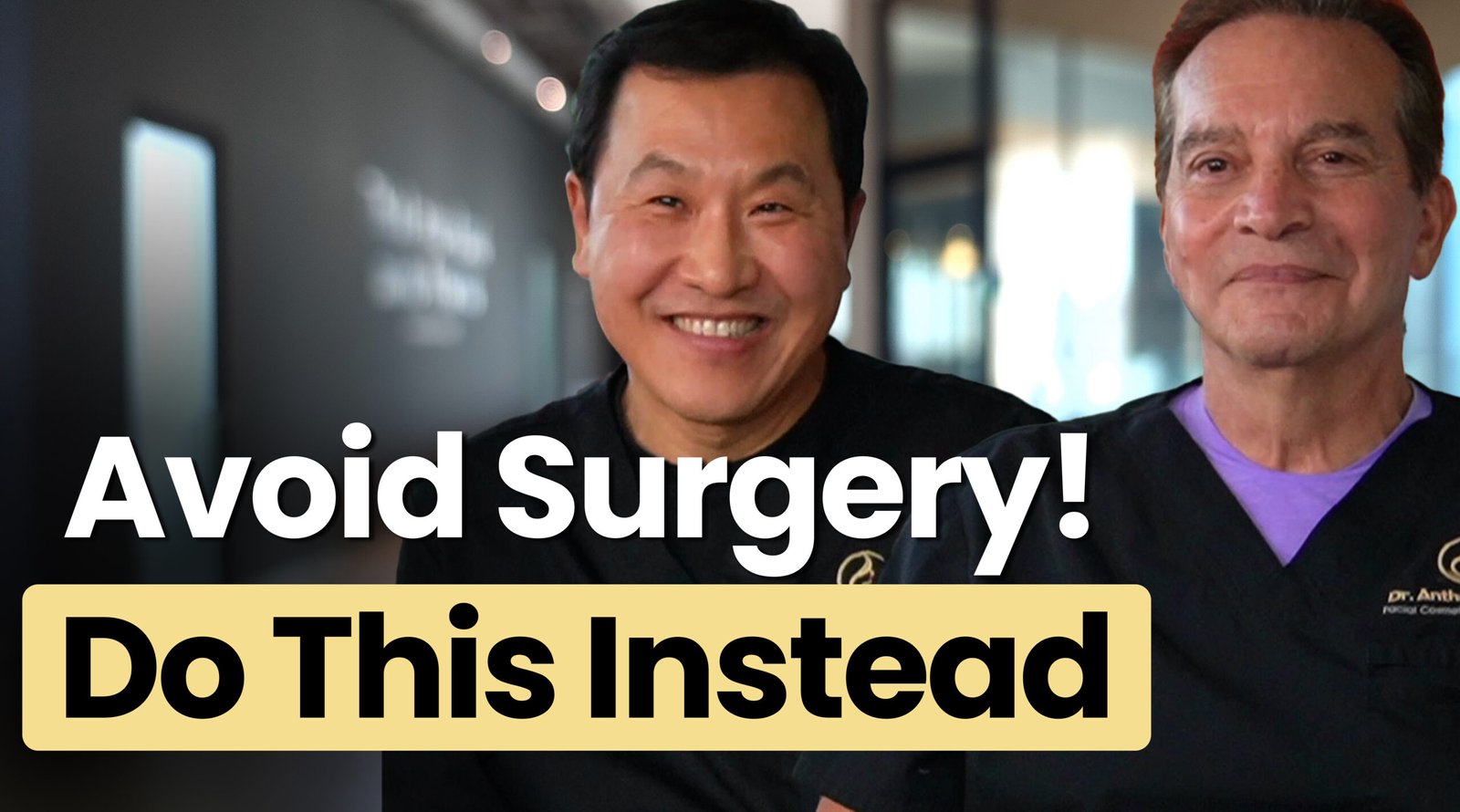Are you suffering from hair loss and wondering what to do? You’re not alone. According to the Hair Society, about 35 million men and 21 million women suffer from this condition.
Hair loss often stems from multiple factors, including fungal infections, hormonal changes, nutritional deficiencies, medical treatment (like chemotherapy), and stressful events (like losing a loved one). You can experience hair loss as early as age 15, but typically, it starts in your 30s and 40s.
Surprisingly, many people are unaware of the various hair loss treatment services, including scalp treatments, laser hair therapy, and hair transplants, women and men included.
Experts often recommend other hair loss treatment options like medications until age 30. After that, you can consider having a hair transplant. However, if you’re considering a hair transplant, doing it at the best time of the year is important.
And yes, seasons may affect hair transplants.
So, when is the best time of the year to have a hair transplant? Read on to find out how seasons affect hair transplants and when (and when not) to consider a hair transplant.
What is a Hair Transplant?
A hair transplant is a procedure for moving hair to a bald or thinning area of the head. It’s often recommended for people suffering from hair loss and who have tried other hair loss treatments without success.
Hair transplants are often performed by dermatologists or plastic surgeons. The healthcare provider takes small pieces of skin or grafts from the donor site (areas of the body with healthy hair) and moves them to the hairless parts of the scalp. As soon as the transplanted skin heals, the hair continues to grow.
However, there are other ways to perform hair transplants, including;
- Scalp reduction
- Tissue expansion
- Flap surgery
The extent of your hair loss will dictate your hair transplant procedure.
Seasonal Factors that Impact Hair Transplants
The overall success of a hair transplant largely depends on the patient’s suitability, the specific technique used, and the skill of the surgeon/dermatologist. However, seasonal factors may influence the experience and recovery of hair transplants.
So, while choosing when to have a hair transplant is based on individual preferences and circumstances, it’s important to consider seasonal factors.
Can Sun Exposure Affect a Hair Transplant?
Sun exposure is a significant seasonal factor that can impact the healing process and the appearance of scars after a hair transplant.
You should avoid sun exposure during the first few months after a hair transplant. This is because direct sun exposure harms the recipient area and the transplanted grafts.
Additionally, your scalp can be particularly sensitive and susceptible to sunburn after a hair transplant. The transplanted area is more vulnerable because it has been manipulated during the process. As a result, sunburn on your scalp can be painful and potentially lead to complications in the healing process.
Also, sun exposure can make scars from your hair transplant more noticeable. Plus, it increases the risk of hyperpigmentation (the darkening of the skin in the treated area of your scalp). Therefore, you want to avoid sun exposure to ensure your scars fade and blend in as much as possible.
Can Weather Affect Your Hair Transplant?
Although the impact of temperature on hair transplants isn’t a significant seasonal factor, it deserves a little attention.
For instance, when recovering from a hair transplant, the temperature of the environment can affect your comfort. During hot weather, the scalp may be more prone to sweating and discomfort, which can be less than ideal during the early stages of healing.
Additionally, high temperatures can potentially cause increased post-operative swelling. Remember, swelling is a common side effect after a hair transplant. However, excessive heat may exacerbate this issue.
Also, when recovering from a hair transplant, you must keep the transplanted area dry to prevent complications or infection. This makes rain and moisture significant seasonal factors to consider when having a hair transplant.
Best Times of the Year for a Hair Transplant
Do you know that there are certain times of the year when a hair transplant might be better than others? Seasons can significantly impact your hair transplant outcome. Therefore, before booking a date for your hair transplant, you want to ensure that it’s the right time of the year. Let’s explore the best times of the year when you should consider a hair transplant.
Hair Transplants in Winter
Many people suffering from hair loss (and some experts) consider winter the best season to undergo a hair transplant. However, this season has its benefits and downsides regarding hair transplants.
For instance, on the good side, there’s not much sweating in winter as the weather is cold. Therefore, it’s a lot easier for you to keep your scalp clean. Remember, sweat may cause clogged pores, which could make it difficult for hair growth to come through due to build-up. This, in turn, leads to a clogged hair follicle, which can be painful and lead to infection. Therefore, you want to avoid sweating at all costs, and the cold winter weather makes things easier for you.
Additionally, there’s less risk of sunburn and excessive sun exposure during winter. This minimizes pain and potential complications during the hair transplant process.
Additionally, most of our lifestyles change in winter. Most of the time, everyone is indoors—no sunbathing, soccer, or other outdoor activities. This makes the recovery process effortless.
Plus, your hair has enough time to grow before the busy summer kicks in. And when it does, you can walk out, head high, and with a renewed look without anyone noticing you had a hair transplant.
Conversely, winter can present extremely cold weather, making some people uncomfortable. Therefore, they may want to consider dry indoor heating, which could potentially affect their scalp’s moisture levels.
Hair Transplants in Summer
Summer may also be an ideal time of the year to undergo a hair transplant. However, this season also presents some downsides.
On the positive side, hair grows faster, and the skin regeneration rate is high in summer. This is because the warmer weather amplifies the supply of nutrients required for keratin production. As a result, the production of this protein increases, making your hair grow faster. The higher humidity and temperatures aid faster healing owing to the mitigation of swelling risk.
Also, summer is holiday time. Therefore, you have all the time you need to get a hair transplant (and heal fully). Remember, a hair transplant is a minor surgery. And while you can resume normal activities a day or two after the procedure, it’s recommended that you take some time off to rest and recover fully.
On the negative side, sun exposure is a significant concern during summer. Also, the probability of excessive sweating is high, which can affect the healing process. Plus, wearing hats and head coverings during summer is sometimes uncomfortable due to excessive heat.
Hair Transplants in Spring
Spring offers milder temperatures and less extreme weather conditions. As a result, it might be an ideal time of the year to get your hair transplant done.
The season allows for a comfortable post-operative recovery without excessive sweating or the need for heavy head coverings. Plus, hair transplants during Spring may offer more satisfactory results by the summer months.
Choosing the Right Time of the Year For Your Hair Transplant
Typically, there’s no best and worst time of the year to undergo a hair transplant. As long as you can keep up with the aftercare, the time or season you choose for your hair transplant won’t affect healing significantly.
But if you have a problem maintaining your scalp after a hair transplant, you must be careful when choosing the time to undergo a hair transplant.
Also, other than seasonal factors, there are other factors that might influence your choice of when to consider a hair transplant. They include;
Your Schedule
It’s important to consider your schedule when planning for a hair transplant. Remember, though minor, a hair transplant is still a type of surgery. And as with any surgery, you must ensure you have enough time off for the procedure and recovery without disruptions.
For instance, summer is often a busy season as people travel, vacation, and enjoy their holidays. This is also the season for weddings and other celebrations. Therefore, some people might not have enough time for a hair transplant during summer.
Generally, you want to avoid excessive travel immediately after a hair transplant.
Surgeon Availability
Sometimes, surgeon availability varies with season. Therefore, when planning your hair transplant, ensure you’ll have access to a surgeon for the process.
Some surgeons or dermatologists have busier seasons than others. Therefore, you want to plan accordingly.
Social and Professional Commitments
If you have any social or professional commitments, you want to consider them when choosing the best time of the year for your hair transplant.
Generally, you want to schedule the procedure at a time when you can minimize social and work-related engagements that may cause stress or require physical exertion.
Also, remember that it takes several months for a transplanted hair to grow fully. Therefore, you want to consider how long you have until you can see the full results. Then, choose a season that aligns with that timeline.
Is a Hair Transplant Right For You?
Not everyone can and should undergo a hair transplant. Therefore, before taking this surgery, you must ensure it is right for your hair loss. So, who is the right candidate for a hair transplant?
Before considering a hair transplant, you should visit a surgeon to determine whether (or not) you’re the right candidate. Remember, hair loss has many causes, and not all can and should be treated with hair transplantation. Your surgeon will diagnose your hair loss before recommending the right hair loss treatment.
Other factors used to determine the right candidates for hair transplantation include;
Age
While there is no age restriction for hair transplants, candidates should be at least 25 years of age. Younger than this, you should stick to medical treatments. This is because your hair loss condition is ongoing. Therefore, a hair loss surgery will only offer temporary hair restoration.
Generally, the best age for a hair transplant is when your hair loss has stabilized, typically in your 30s. So, if you’re still in your early 20s, a hair transplant might not be your ideal hair loss treatment.
General Health
As with any other surgery, you must be healthy enough to undergo a hair transplant. This helps you recover quickly while minimizing complications.
Although it’s a simple procedure performed under local anesthesia, hair transplantation presents a few contraindications, including;
- Uncontrolled hypertension
- Active autoimmune disease
- Uncontrolled diabetes
- Severe systemic and scalp infections
- Patients allergic to local anesthetic
You may experience poor growth or suboptimal results following hair transplantation if you have contraindications to surgery. You could also experience worse hair density resulting from a flare-up of underlying hair disease.
Hair Density
Patients with a high donor hair density are generally good candidates for a hair transplant. This means the donor area has at least 80 grafts per cm2.
Those with donor hair density of less than 40 grafts per cm2 are poor candidates for hair transplantation. However, this doesn’t bar them from performing the surgery. It’s only that the results won’t be perfect.
Hair Characteristics
Hair curl, hair caliber, and hair color are essential cosmetic features for hair transplant patients.
Generally, patients with thicker hair record better results than those with thinner hair. The reason is that baldness occurs when light penetrates past the hair and is reflected off the scalp.
Hair Transplant After Care Tips
Now that you know the best time of the year to undergo a hair transplant, you can go ahead and schedule it. However, you should know that how you take care of your scalp after a hair transplant will greatly impact the recovery time and results.
Here are some tips to keep in mind after a hair transplant;
- Avoid touching or scratching the transplanted area
- Protect your scalp from direct sunlight and UV rays for several weeks after the hair transplantation
- Avoid sweating
- Be gentle when washing the transplanted area
- Follow your surgeon’s instructions
Ready For Your Hair Transplant?
Generally, there’s never a better or worse time of the year to have a hair transplant. It all boils down to how well you can take care of the transplanted area after the surgery.
Seasonal factors do not directly impact the hair transplant process. They only affect the recovery process. For instance, some seasons make hair transplant after-care easier than others. Let Philadelphia Hair Restoration experts help and assist you with a hair transplant consult, talk to us today.



